Search Results
Showing results 1 to 7 of 7
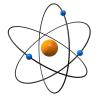
Scaling an Atom
Source Institutions
In this activity, learners make a scale model of an atom to see how big or how small an atom is compared to its nucleus. Learners will realize that most of matter is just empty space!

Can I Get Some Pi?
Source Institutions
In this activity, learners will explore pi and the mathematical relationships between a circle's diameter, circumference, and radius.
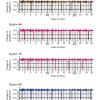
Transit Tracks
Source Institutions
In this space science activity, learners explore transits and the conditions when a transit may be seen.
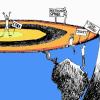
Earth Walk
Source Institutions
In this hands-on and feet-on excursion, learners take a science walk to visualize the planet's immense size and numerous structures, without the usual scale and ratio dimensions found in most textbook

Locating a Point
Source Institutions
In this activity, learners work in teams to simulate the process used by Global Positioning Systems (GPS) to determine the location of a fallen meteorite in Antarctica.
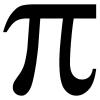
Applying Math to Astronomy
Source Institutions
In this mathematics activity (page 4 of the PDF), learners will explore the relationship between the diameter and circumference of an object.
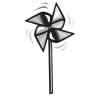
Magnet Powered Pinwheel
Source Institutions
Learners use the current flowing in a wire to create a magnetic field that turns a magnet. Learners can use this property of electromagnetism to build a magnet-powered pinwheel.
